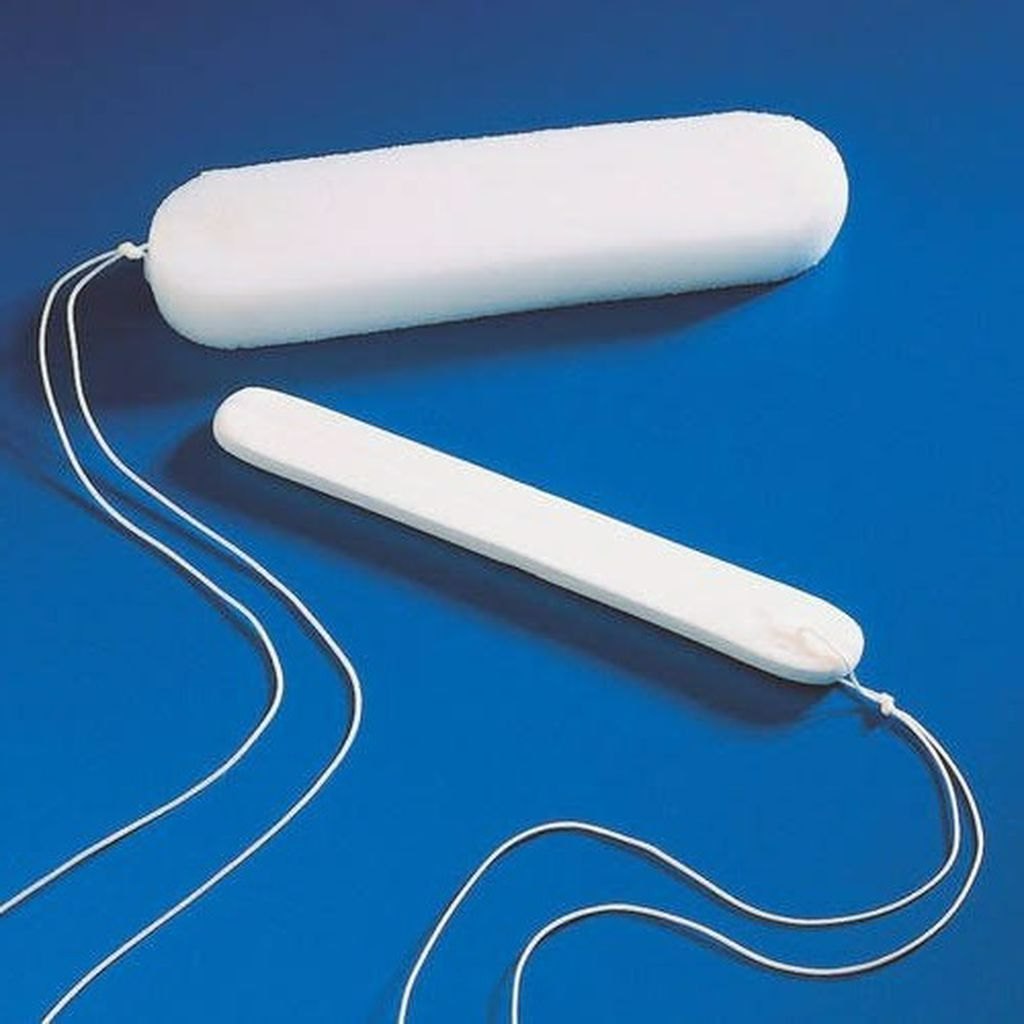Nose bleeding is also called epistaxis. In most people, few may have any severe symptoms that can result from minor causes to severe underlying issues. In this blog, we will be understanding the most common causes of nosebleeds and management processes.

Causes of Nosebleeds:
Nosebleeds occur when blood vessels within the nasal passages rupture and result in nosebleeds. Several factors can contribute to the occurrence of nosebleeds. A few of the most common causes of nosebleeds include:
Dry Air:
The nasal passages dry up in the winter season or in arid climates leading to dry nasal passage which can crack the nasal passage leading to nosebleeds.
Nasal Irritation:
Exposure to irritants such as smoke, strong odors, or chemical fumes can lead to inflammation and may result in nosebleeds.
Nasal Infections:
Infections such as sinusitis or the common cold can cause infection and congestion within the nasal passages, making the blood vessels rupture and leading to a nosebleed.
Medical Conditions:
Certain medical conditions, along with high blood pressure, blood clotting disorders, or chronic sinusitis, may additionally be a reason for nosebleeds.
Medications:
Some medicines, such as anticoagulants (blood thinners) or nasal sprays containing steroids, can affect blood clotting or irritate the nasal passages, leading to nosebleeds. Injury to the nose such as scratching or inserting anything into the nasal passages can also cause nose bleeding.

Managing Nosebleeds:
While there are several effective methods available to treat nosebleeds here are a few most common managing tips that are proven to provide the best results:
Sit Upright:
Avoid Sitting upright and tilting back the head and try to sit upright and lean forward slightly to prevent blood from flowing down the lower back of your throat helps to control the nosebleeds.

Pinch the Nose:
Pinching the nose with the index finger for about 10-15 minutes compresses the blood vessels and controls the nasal bleeding.
Apply Ice:
Make sure to avoid all types of irritants that may increase the frequency of nosebleeds.
Avoid Irritants:
Make sure to avoid all types of irritants that may increase the frequency of nosebleeds.
Medical care:
If the bleeding persists for more than 20-30 minutes, or if you are experiencing nasal bleeding more often you should consult a doctor to find out the underlying cause and follow the treatment procedure.
When you should go for a doctor's consultation?
While most nosebleeds can be managed at home, certain critical situations may require medical attention:
Severe or Prolonged Bleeding:
If the bleeding is not controlled for more than 20-30 minutes and if you are experiencing nasal bleeding more often you need to consult the doctor as soon as possible.
Difficulty Breathing:
Facing problems such as breathlessness, coughing up or vomiting blood, or feeling lightheaded or dizzy during a nosebleed.
Medical Conditions:
If you have underlying medical conditions which include high blood pressure, blood clotting problems, or a history of recurrent nosebleeds, taking medical guidance is necessary.
Treatment for Recurrent Nosebleeds:
If you experience frequent or recurrent nosebleeds, your doctor will help you with the following treatment procedure:
Cauterization:
In cauterization, the doctor uses a chemical that seals off the blood vessels in the nasal passages, lowering the flow of bleeding.
Nasal Packing:
Nasal packing is a treatment procedure that involves inserting gauze or an inflatable balloon into the nasal passages to use pressure and promote clot formation, which helps to stop the bleeding from the nose.

Medications:
Medications such as nasal sprays containing anticoagulants or vasoconstrictors may be prescribed by doctors to help in controlling frequent nosebleeds.
Surgery:
In rare cases of severe or chronic nosebleeds that can not be controlled by basic treatment procedures, surgery may be essential to reduce the severe abnormalities.
Nosebleeds are commonly seen which could often be managed efficiently with simple remedies at home. Understanding the causes and management of nosebleeds can help people experiencing this problem to take necessary steps in their treatment procedure. Do visit a doctor if you have severe nosebleeds and make sure the management process may not be suitable for everyone as each of us has a different medical condition.
